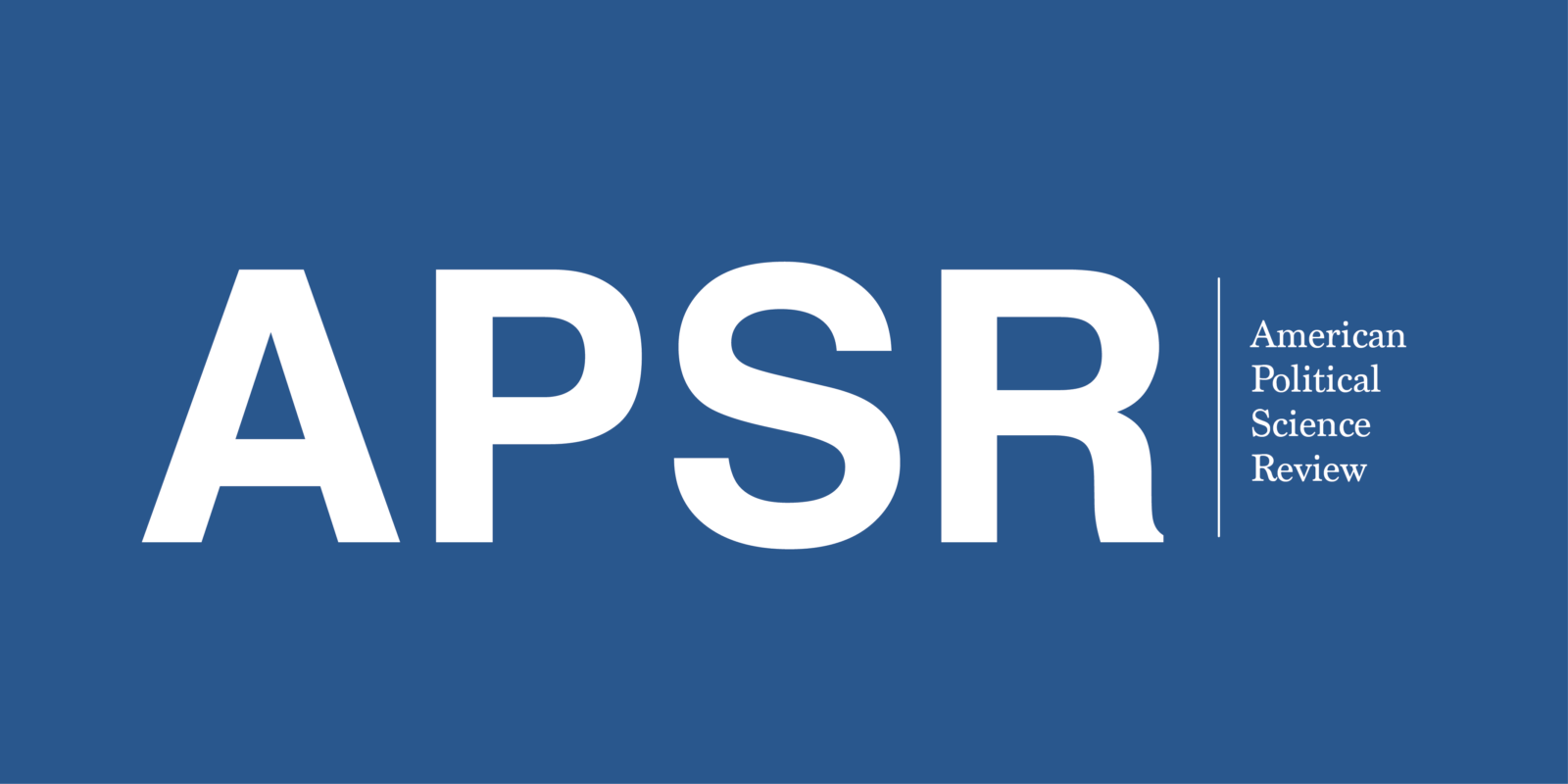Silent in Solidarity? Political Science Departments Confront Racial Reckoning After George Floyd

An Incomplete Recognition: Political Science's Response to George Floyd's Murder
In the wake of George Floyd's tragic murder, the political science discipline found itself at a critical crossroads of reflection and accountability. As scholars dedicated to understanding power, systemic inequalities, and social dynamics, our academic community was challenged to confront the deep-rooted racial injustices that permeate American society.
Our research examined how political science departments across the United States responded to this pivotal moment of racial reckoning. By analyzing departmental statements issued in the immediate aftermath of Floyd's death, we sought to understand the depth and sincerity of institutional commitments to racial justice and equity.
The findings were both revealing and disappointing. While many departments issued statements condemning racial violence, these communications often fell short of meaningful, substantive commitments to addressing systemic racism within academic institutions. Many statements appeared formulaic, lacking genuine introspection about the discipline's own role in perpetuating racial inequalities.
Our analysis uncovered a troubling pattern: departments frequently used generic language of solidarity without proposing concrete actions to combat racism in academia. This superficial approach highlighted a significant gap between rhetorical support and meaningful institutional transformation.
The research underscores the urgent need for political science to move beyond performative gestures and engage in substantive, structural changes that promote diversity, equity, and inclusion. It calls for a critical examination of hiring practices, curriculum development, and institutional cultures that have historically marginalized scholars of color.
By exposing these institutional shortcomings, we aim to spark a more profound conversation about racial justice within academic spaces and challenge political science departments to translate statements into genuine, actionable commitments to equity and social change.
